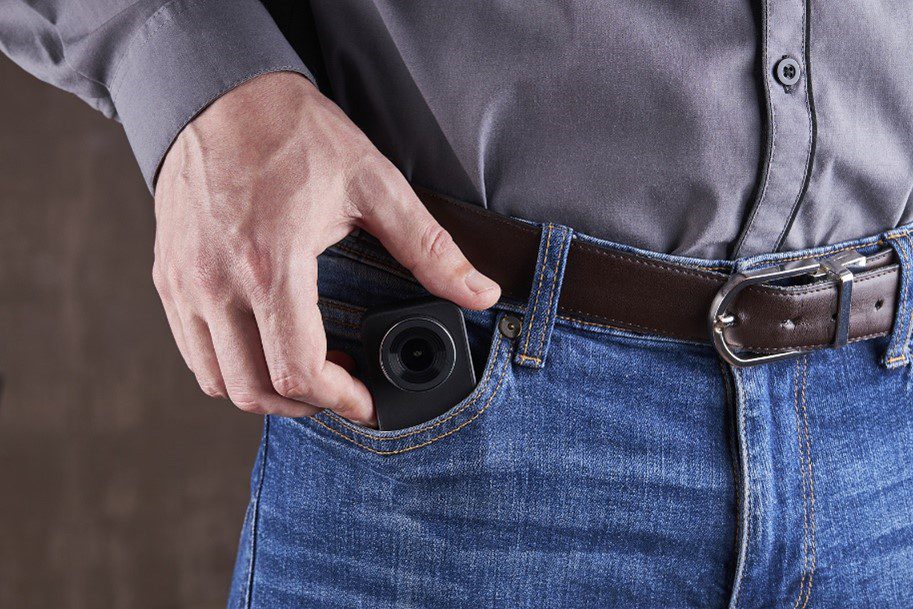Some of us are old enough to remember the time a frisky couple, who got bored watching a Blue Jays game from their room in the (then) SkyDome Hotel, decided to engage in a different activity. Fans were torn between watching the game and enjoying this alternative entertainment, which was plainly visible from the stadium. Surprisingly, the same scene has played out multiple times since then, leaving fans wondering about the legality of the activity, and the legality of videotaping it, which many of them did.
In Canada, the legality of video recording someone concerns two interacting principles: consent and the expectation of privacy. We will discuss these concepts below and how they apply to taking videos of other people.
What Is a “Reasonable Expectation of Privacy”?
A reasonable expectation of privacy refers to an individual’s right to be free from unwanted intrusion into their personal life, as well as their right to control the dissemination of their personal information. In some situations, people have a clear expectation of privacy, such as in their own bathroom or a windowless bedroom, but in other cases, it could come down to what a court decides.
Courts will consider several factors to determine if someone has a reasonable expectation of privacy, including:
- The location: Public spaces, such as streets, parks, and other open areas where people are generally visible to the public, tend to have a lower expectation of privacy.
- The activity: If the person is engaged in a private or intimate activity, they will likely have a higher expectation of privacy. Examples include activities like undressing, using the restroom, or having sex.
- The nature of the relationship between the person being recorded and the person doing the recording: For example, relationships that involve trust or confidentiality, such as doctor-patient or lawyer-client relationships, would have a higher expectation of privacy in their conversations.
Courts will also consider whether the person being recorded took steps to maintain their privacy, such as closing curtains, locking doors, or using privacy settings on social media.
Recording Audio Only
In Canada, you can legally audiotape someone as long as at least one person involved in the conversation consents to the recording. This is called the one-party consent rule, and it applies to conversations that take place in private as well as in public. That said, the rule does not automatically override the privacy concerns of the non-consenting parties. For example, if the conversation involves confidential or sensitive information, the legality of the recording might be called into question.
If the person doing the recording is not a party to the conversation and does not have the consent of at least one of the participants, the question of privacy is paramount. In public, the expectation of privacy is generally lower than in a private setting. However, if the conversation is quiet and the participants are making efforts to keep it private, they may still have a reasonable expectation of privacy. It is also illegal to intercept private communications via electronic means such as spyware; the penalty for this can be as severe as incarceration of up to 5 years and a $5,000 fine.
Recording Video Only
If you are taking photographs or video of someone without recording sound, you have a little bit more latitude than if you are recording video with sound because you don’t have to be concerned about recording private conversations. However, the rules around the expectation of privacy will still apply.
Conclusion
Although the laws regarding the legality of videotaping someone are fairly clear-cut, some aspects are subject to interpretation, and these may come down to a court’s judgment. If you’re worried about being charged with a crime or sued in civil court, it’s better to err on the side of caution and refrain from recording anyone without their consent.
Should you require videotape or photographs of someone for legal or other purposes, a good option is to hire a Private Investigator such as one of the professionals at Star Quality Private Investigations®. Our expert Private Investigations personnel are all former law enforcement officers with stellar professional backgrounds. They are well-versed in the minutiae of the law when it comes to covertly recording people and have the skill and experience to obtain high-quality video and photographs undetected. This is particularly important if you plan to use them as evidence in court. Don’t spend hours and hours trying to do what we have trained for years to do: let us get you the evidence you need safely and legally.
